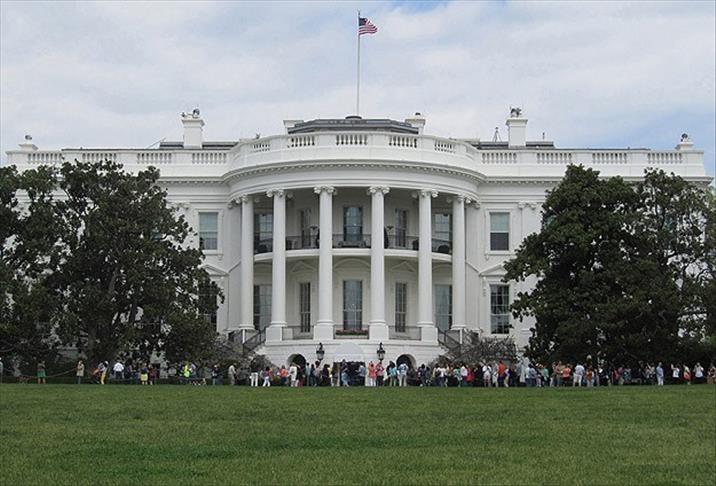
NEW DELHI
The nine-year boycott of right-wing Indian politician Narenda Modi by the U.S. ended on Thursday, when the U.S. Ambassador to India met him at his home in Gujarat.
Ambassador Nancy Powell's meeting with Modi was the first since the U.S. refused him a visa in 2005, under a law which denies any foreign government official who was responsible for or “directly carried out, at any time, particularly severe violations of religious freedom”.
Powell shook hands with the Chief Minister of Gujarat, who has been accused of complicity in massacres that killed up to 2,000 people, most of them Muslims, in Gujarat in 2002.
The US Consulate in Mumbai released a press statement immediately after the meeting which said the meeting was part of the US mission’s “outreach to senior leaders of India’s major political parties in advance of the upcoming national elections.”
India goes to national elections in May 2014 where the Modi-led BJP is likely to emerge the single largest party, according to opinion polls.
The statement also said that the United States “looks forward to working closely with the government that the Indian people choose in the upcoming elections.”
“Ambassador Powell will meet with representatives from non-governmental organizations and U.S. and Indian businesses. Her discussions focus on the importance of the U.S.-India relationship, regional security issues, human rights, and American trade and investment in India,” the statement said.
Mustafa Khan, a retired professor and political analyst who has written extensively on Modi, told Anadolu Agency that the meeting marked a change in the Modi's relationship with the U.S.
“The meeting is a kind of thaw in the US-Modi relationship but we should not read it as an end to the resolution of all the crimes Modi has allegedly committed,” Khan told AA. “There is no signal to Modi to come ashore.”
“The meeting was a move to know the national mood of the nation before a general election,” he said.
Khan alleged that Modi is tainted by the violence that occured only a year after he started governing Gujarat and said the US State Department is aware of the serious charges against his administration in other serious offences like fake encounters.
“Modi’s popularity is not equal to a resolution of the crimes against humanity,” Khan said.
Film-maker Rakesh Sharma, whose documentary ‘Final Solution’ on Gujarat 2002 riots won international awards said: “I don’t think we should read too much into the meeting as it is very much part of the diplomatic charter to reach and interact with political leaders across the spectrum.”
Sharma pointed out that US State Department was quick to clarify on Modi’s visa issue.
“There has been no change in our long-standing visa policy,” Jen Psaki, State Department said at a news briefing in Washington this week. “When individuals apply for a visa, their applications are reviewed in accordance with US law and policy. This is not a reflection of any change.”
Last month, a minor court cleared Modi of responsibility for the 2002 riots. Maya Kodnani, one of his close aides and a former state minister, was found guilty of murder for her role in the communal riot.
“I don’t think the matter of Modi’s innocence is far from resolved as it will be challenged in high court and Supreme Court,” said Sharma.
Zafar Sareshwala, a close aide to Modi, told Anadolu Agency that Modi met the US Ambassador on his own terms.
“There have been attempts in the recent past to meet Modi in New Delhi by the US officials. Modi refused saying that they have to come to Gujarat to meet him,” Sareshwala told AA. “It is slap on the Congress party and a bunch of NRI [Non-resident Indian] armchair activists who always employ the visa-denial episode to further their interest.”
By Mubasshir Mushtaq
englishnews@aa.com.tr
Anadolu Agency website contains only a portion of the news stories offered to subscribers in the AA News Broadcasting System (HAS), and in summarized form. Please contact us for subscription options.

